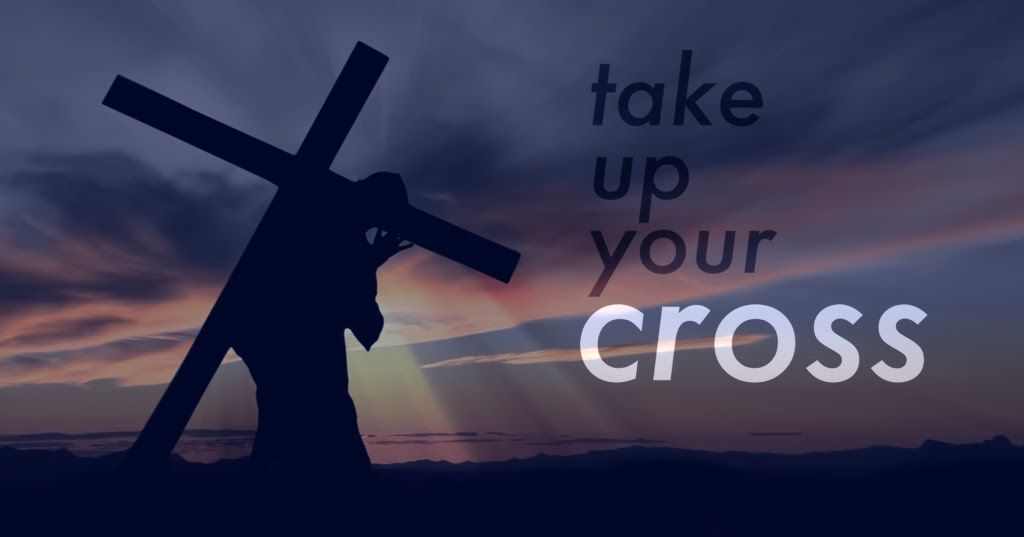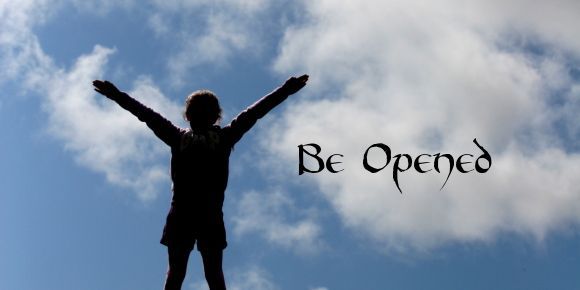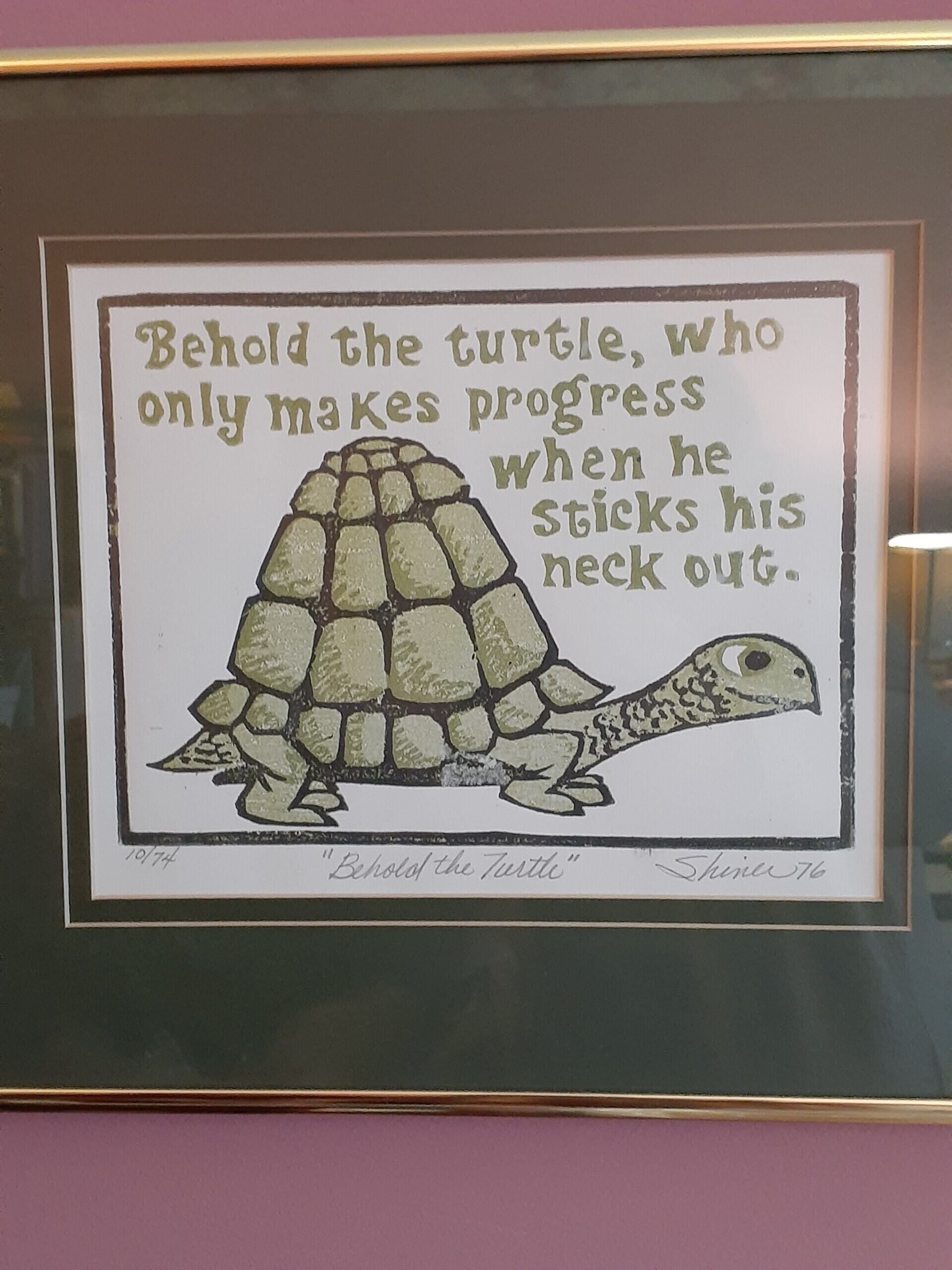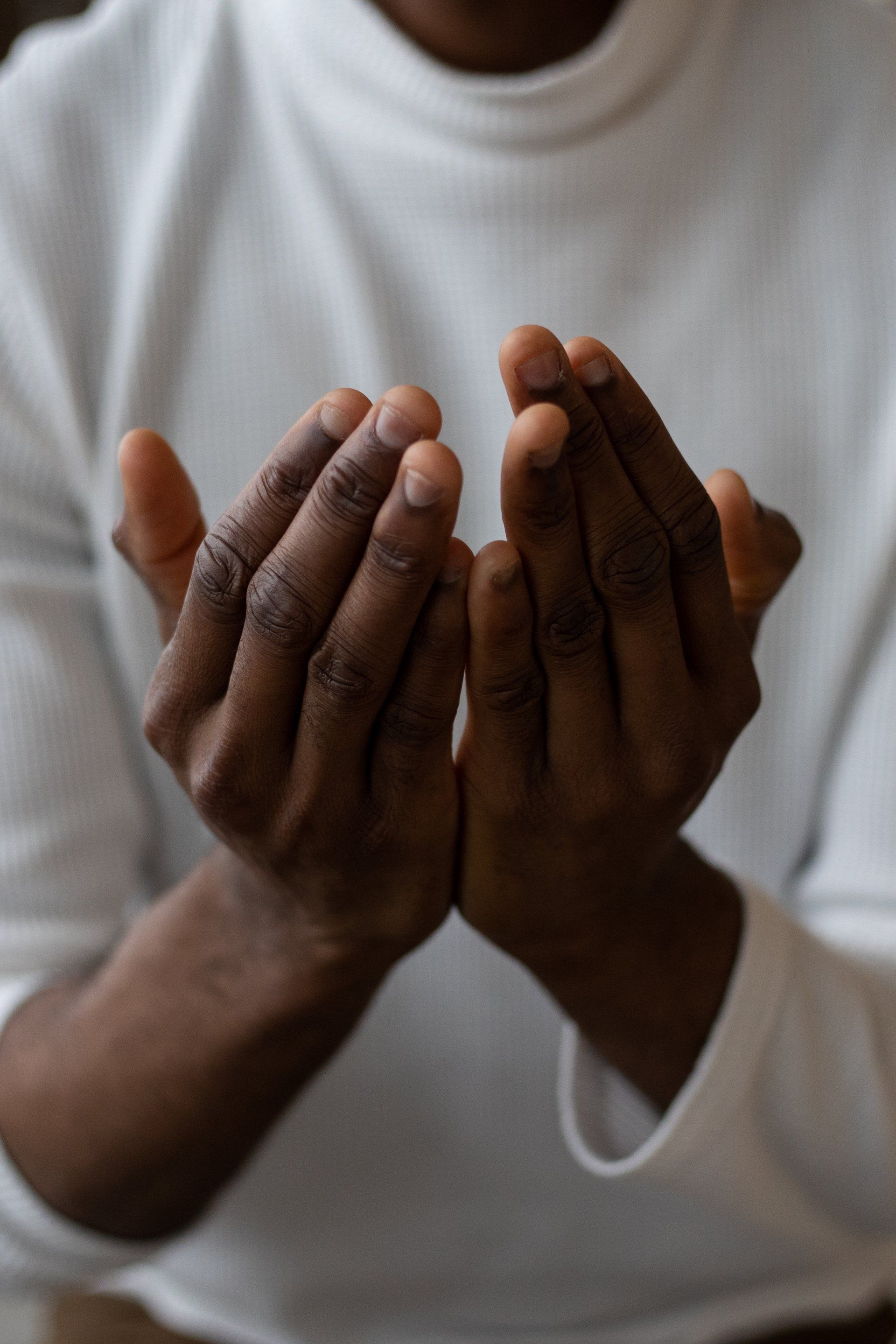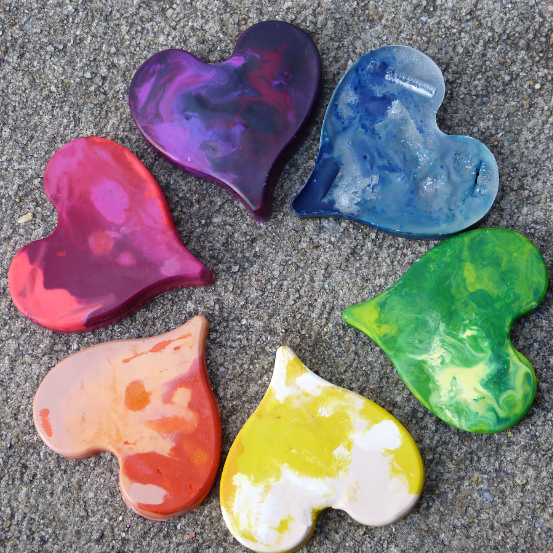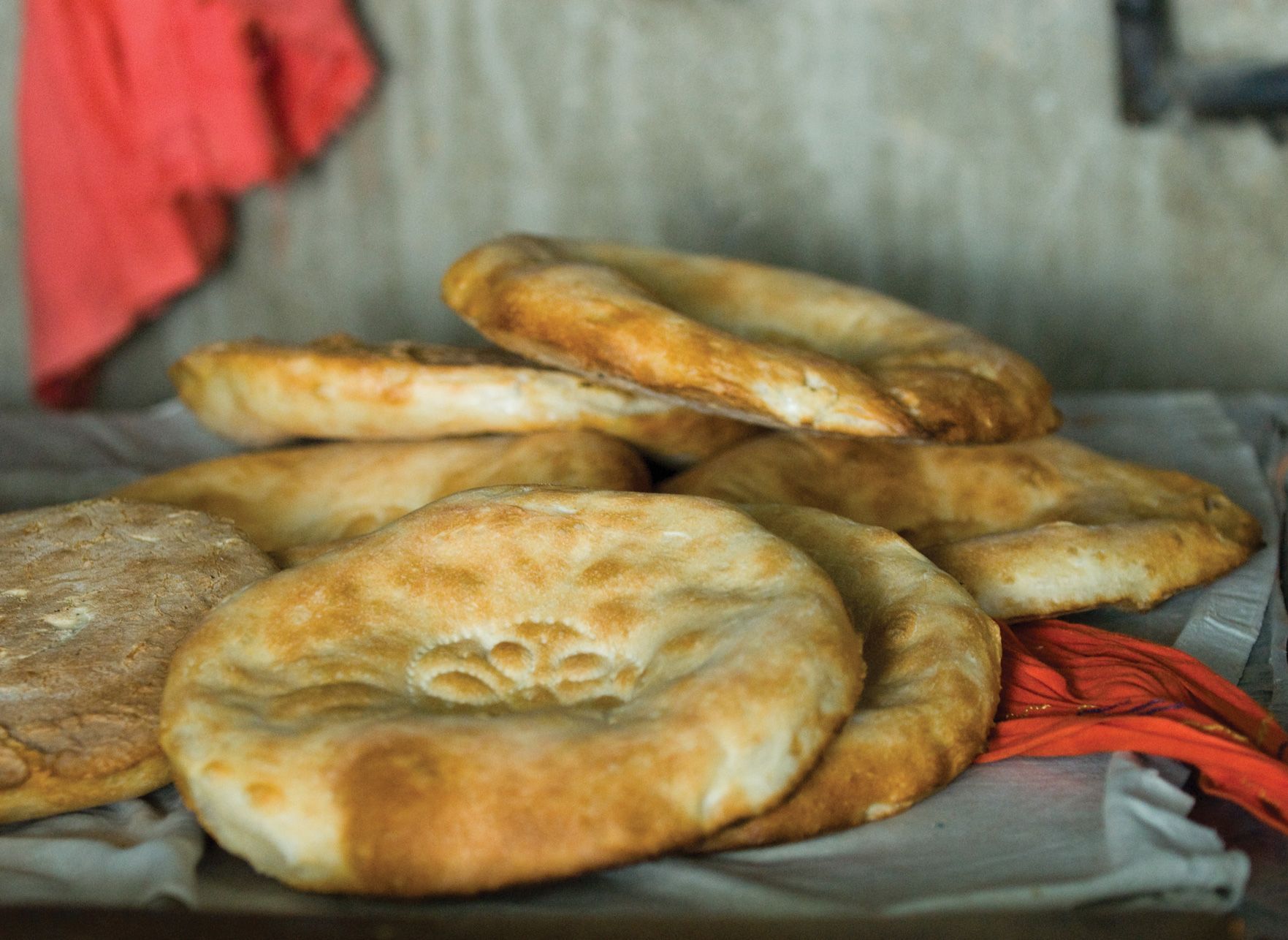"Caring Neighbors--Who Are They? Who Are We?"
Gen. 18: 1-8
Luke 10: 25-37
But wanting to justify himself, he asked Jesus, “And who is my neighbor?”
Prayer: O God, help us to see you in each other, so that we may care for you as we care for our neighbors. In Jesus’ name, Amen.
I may have shared this story with you before, but it impacted me profoundly. So forgive the déjà vu moment if it sounds familiar. I was practically a brand new pastor, only three years in. I, along with Rev. Curt Miner, organized a mission trip from Salt Lake City to Ventura, California, about 60 miles west of LA. Our job was to glean the Oxnard Plain fields of produce not picked by the professional pickers. The harvested food went to a nearby homeless shelter and food pantries in Ventura County.
One day we were called in to glean an orange grove sold to a developer who did not want to harvest the fruit. The grove was not tended either, so it was dry and dusty and overgrown with weeds. And, each of trees were filled with hundreds of ripe oranges. We soon discovered that the best way to harvest the oranges was to get one strong person into the tree and shake the bejeebers out of it. And everyone else would scurry around picking up the fallen oranges.
One man named Ron… a very big man, got up into the trees, and all day long, he shook those trees like crazy. At the end of the day, we went to the homeless shelter to help serve those hungry people. And Ron was filthy… covered head to toe with orange grove dirt.
He got in line for one of the three outdoor showers. He stood there among other dirty homeless people. Right then, the lines blurred for Ron. “For a while, I was one of them. Dirty. Standing in line. Just like them.” But, when his shower was done, that’s when it hit him. Yes, he was clean and so were the homeless people that took showers. But, he could go back to his life of privilege and ease, a life where he could get a shower or food anytime he wanted. They could not. The “us” and “them” reality hit him hard.
The “us” and “them” reality is always a part of our lives. It was part of Jesus’ life as well. He was living in a society were there were elite, rich, religious people and vast amounts of poor people.
The lawyer is among the elite. He and Jesus have this verbal sparring match. He wants to test Jesus, to see how well Jesus knows the law of Moses but really trying to discredit Jesus. Because the lawyer thinks he’s all that when it comes to knowing the law. The law for him is the end all. And when Jesus flips things around and tests the lawyer, the lawyer proves his knowledge quoting (maybe somewhat smugly) the Shema from Deuteronomy 6:5 and a passage from Leviticus 19: 18 about loving neighbor as oneself. It was a technical, biblical, legal response. And I imagine Jesus was like yada, yada, yada. “Yeah, OK. You got the right words. But, DO this… and you will live.” DO this. Hold that thought for a moment… I’ll come back to it.
The lawyer, not to be outdone, flips it back to Jesus. He was like “OK then, to verify that the law is supreme, answer this: Who is my neighbor? Who are they?” Clearly the “they” are separate from “us.” The “us” are the privileged. “They” are not.
And Jesus tells his famous parable. Which has a fair amount of “us” and “them” in it. Did you notice? It’s easy to see who are in the “us” group. First of all, everybody gathered with Jesus are all Jews. The priest and the Levite are not only Jews, but they are among privileged of Jesus’ Jewish society. They are people with power and authority in that culture. The “us” group gets to be over those in the “them” group.
I guess in that sense, even the robbers who overpower over the man are akin to those in the “us” group. Because the “us” group has power. The “us” group sets up the system for those in the “them” group. The “us” group makes the rules… kind of like who in our society sets the rules for receiving a mortgage for houses, or a car loan, or who can receive health care. The “us” group sets up the lines for voting districts and feels those can change them at any time. Some in the religious “us” group says that if you pray hard enough, God will fix what the religious leaders say is your problem, and only then you can be one of the “us” group.
Now, the hero of the story, the Caring Neighbor of the parable, of course, is a Samaritan who is not in the “us” group. He is one of “them.” The Samaritan is one of those looked down upon in Jesus’ society. Even rejected. One who was thought of as dirty, a non-Jew, less than an acceptable human. One who lived with xenophobia, which is an intense fear, dislike, and distrust from those in the “us” group. One who was marginalized. One who was told by those in the “us” group where it was acceptable to live—on the outskirts of town, on the other side of the Jordan, away from the center. One who had to live with the system that defined where it was OK to work, preferably doing the grunt work for those in the “us” group.
The hero, the Caring Neighbor, the Good Samaritan is the undocumented resident who cares for our aging parents. It’s the custodian working at a church who sends most of the money he makes back to his family in Columbia. It’s the lesbian couple who dare to adopt children in need of a family. The church that openly states that it is open and affirming and practices Christ’s mercy, hospitality, and grace.
The more I think about it, the more I wonder if we are living Jesus’ parable? Because back in Jesus’ day and now in our day, we’re living with “us” and “them” situations. We’re living with robbery of all kinds, where the powerful clamp down on the neck of the powerless creating “I can’t breathe” situations. Where powerful lobbyists say that sacrificing the lives of the innocents is the price to pay for having the right to bear arms. Where social injustice is made worse by prevaricating, always judging politicians. We’re living with tremendous need and injustice in our world.
And who are our neighbors? And who are we?
But the big takeaway, of course, is that the answer to the question of who are our neighbors is simple—it’s anyone in need. Anyone experiencing injustice of any sort. Anyone struggling to be accepted in community, striving to live authentic lives but are told that’s not acceptable.
And, a neighbor is anyone who shows mercy as a response to the need. Who shows activism as a response to the injustice. Those who exhibit grace and hospitality, who welcome the stranger, who tends to the woundedness, who shows kindness and acceptance. Who exhibit the integrity of Christ living in our inner lives. That’s the answer to the question “Who are we?”
Since we are both in need sometimes and show love and kindness at other times, then everyone is our neighbor. It’s not “them.” There is only us. In Jesus’ way, there is no “us” and “them.” There are no insider or outsiders. All of us are on the inside of God’s love and grace. Choose this path today and we will live. Do show God-qualities, and we will live. DO this today, and we will live.
Like the song “No Day But Today” from the musical “Rent” says,
There’s only us
There’s only this
Forget regret, or life is yours to miss
No other road
No other way
No day but today.
There’s only now
There’s only here
Give in to love
Or live in fear
No other path
No other way
No day but today.
The key is to love God and love your neighbor as you love yourself. Do this today and you will live. Those who show mercy and love, hospitality and grace today will live. Amen.
